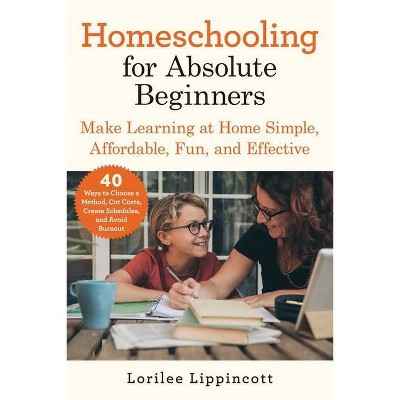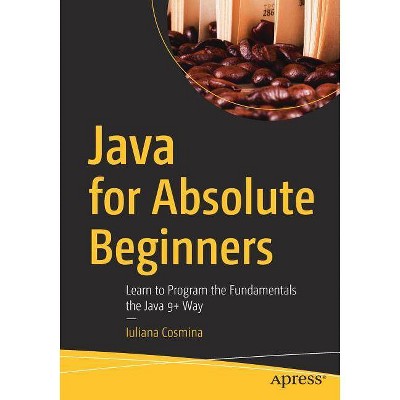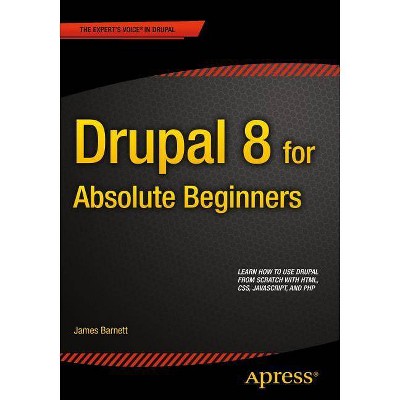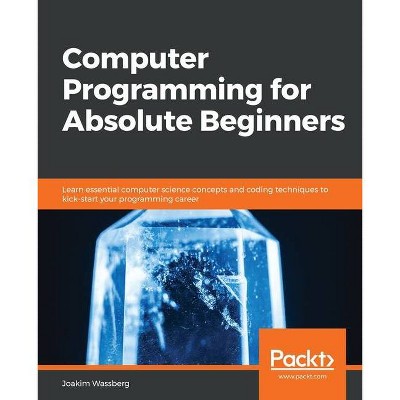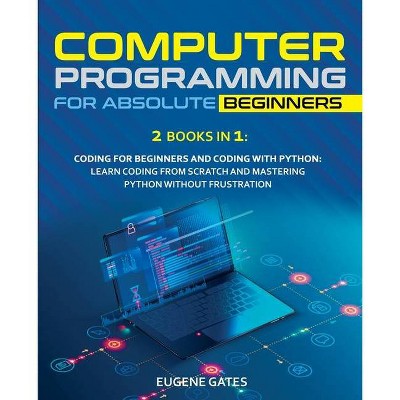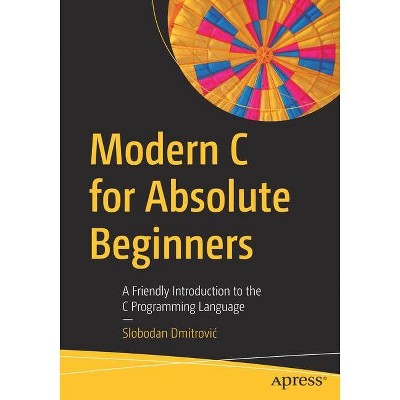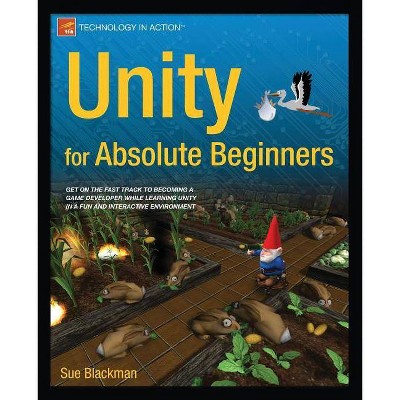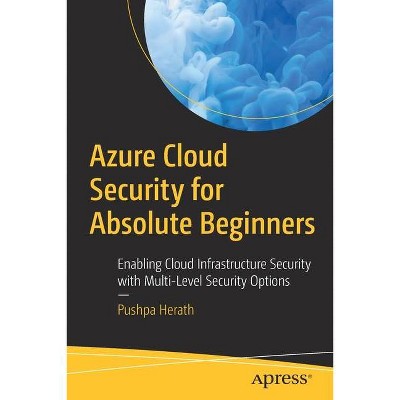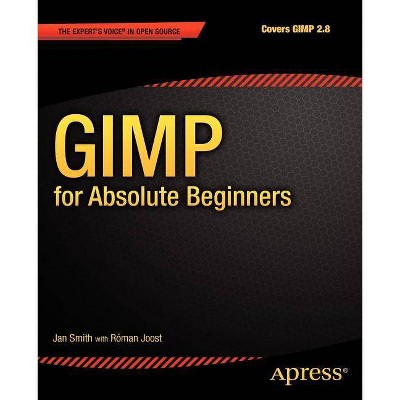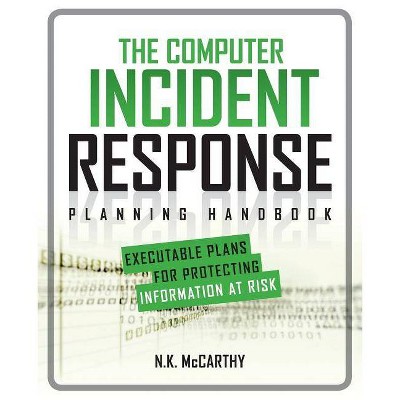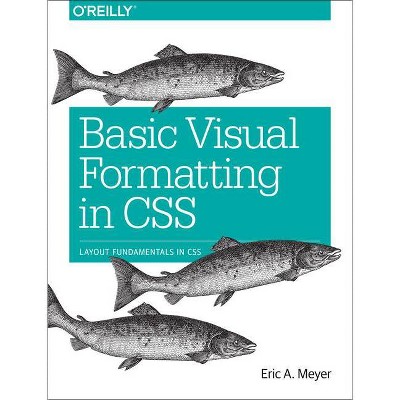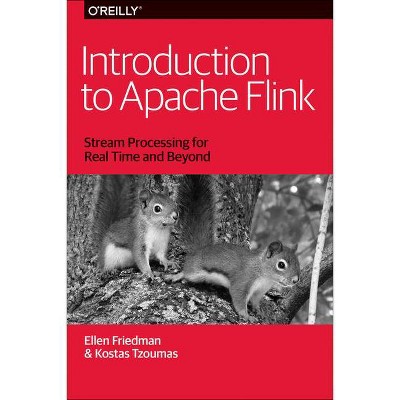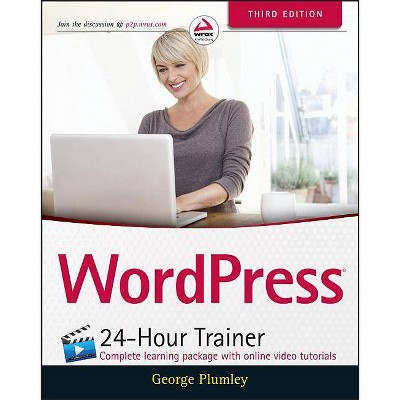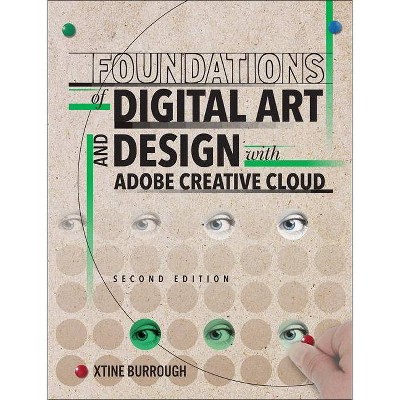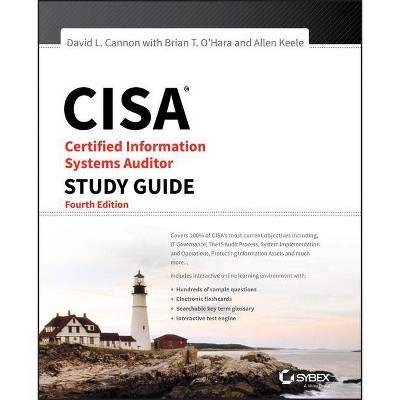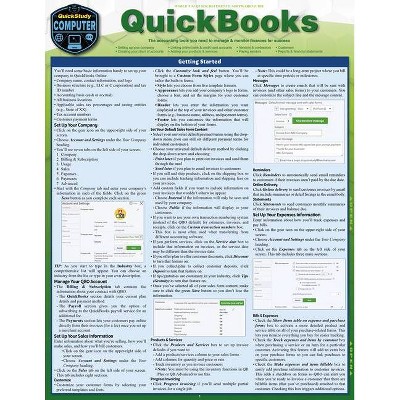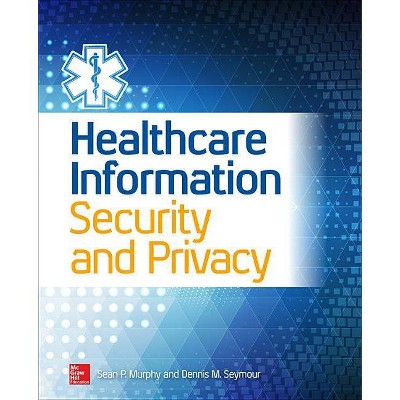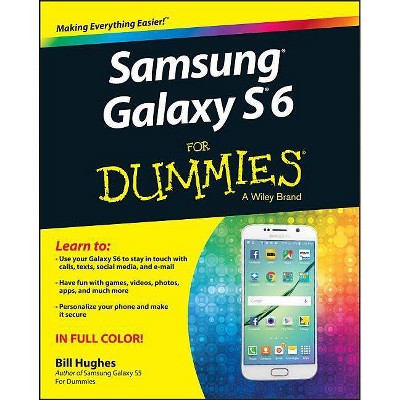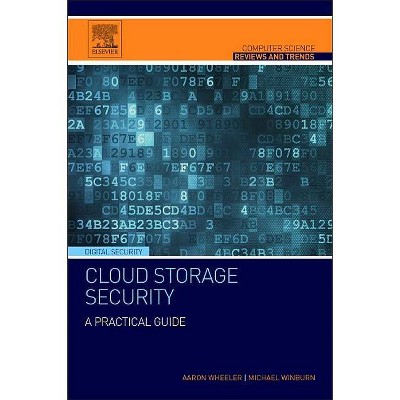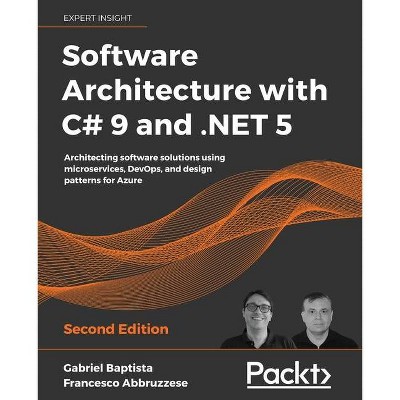Software Engineering for Absolute Beginners - by Nico Loubser (Paperback)
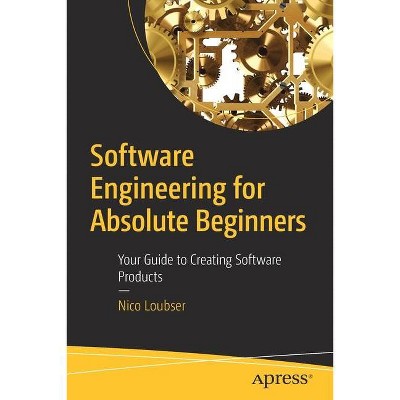
Similar Products
Products of same category from the store
AllProduct info
<p/><br></br><p><b> About the Book </b></p></br></br>"Start programming from scratch, no experience required. This beginners' guide to software engineering starts with a discussion of the different editors used to create software and covers setting up a Docker environment. Next, you will learn about repositories and version control along with its uses. Now that you are ready to program, you'll go through the basics of Python, the ideal language to learn as a novice software engineer. Many modern applications need to talk to a database of some kind, so you will explore how to create and connect to a database and how to design one for your app. Additionally you will discover how to use Python's Flask microframework and how to efficiently test your code. Finally, the book explains best practices in coding, design, deployment, and security. Software Engineering for Absolute Beginners answers the question of what topics you should know when you start out to learn software engineering"--<p/><br></br><p><b> Book Synopsis </b></p></br></br><p>Start programming from scratch, no experience required. This beginners' guide to software engineering starts with a discussion of the different editors used to create software and covers setting up a Docker environment. Next, you will learn about repositories and version control along with its uses. Now that you are ready to program, you'll go through the basics of Python, the ideal language to learn as a novice software engineer. Many modern applications need to talk to a database of some kind, so you will explore how to create and connect to a database and how to design one for your app. Additionally you will discover how to use Python's Flask microframework and how to efficiently test your code. Finally, the book explains best practices in coding, design, deployment, and security. </p><p><i>Software Engineering for Absolute Beginners</i> answers the question of what topics you should know when you start out to learn software engineering. This book covers a lot of topics, and aims to clarify the hidden, but very important, portions of the software development toolkit.</p><p>After reading this book, you, a complete beginner, will be able to identify best practices and efficient approaches to software development. You will be able to go into a work environment and recognize the technology and approaches used, and set up a professional environment to create your own software applications.</p><p><b>What You Will Learn</b></p><p></p><ul><li>Explore the concepts that you will encounter in the majority of companies doing software development</li><li> Create readable code that is neat as well as well-designed</li><li> Build code that is source controlled, containerized, and deployable</li><li> Secure your codebase</li><li> Optimize your workspace</li></ul><p></p><p><b>Who This Book Is For</b></p><p> A reader with a keen interest in creating software. It is also helpful for students.<br></p><p/><br></br><p><b> From the Back Cover </b></p></br></br>Start programming from scratch, no experience required. This beginners' guide to software engineering starts with a discussion of the different editors used to create software and covers setting up a Docker environment. Next, you will learn about repositories and version control along with its uses. Now that you are ready to program, you'll go through the basics of Python, the ideal language to learn as a novice software engineer. Many modern applications need to talk to a database of some kind, so you will explore how to create and connect to a database and how to design one for your app. Additionally you will discover how to use Python's Flask microframework and how to efficiently test your code. Finally, the book explains best practices in coding, design, deployment, and security. <p><i>Software Engineering for Absolute Beginners</i> answers the question of what topics you should know when you start out to learn software engineering. This book covers a lot of topics, and aims to clarify the hidden, but very important, portions of the software development toolkit.</p><p>After reading this book, you, a complete beginner, will be able to identify best practices and efficient approaches to software development. You will be able to go into a work environment and recognize the technology and approaches used, and set up a professional environment to create your own software applications.</p><p>You will: </p><p></p><ul><li>Explore the concepts that you will encounter in the majority of companies doing software development</li><li>Create readable code that is neat as well as well-designed</li><li>Build code that is source controlled, containerized, and deployable</li><li>Secure your codebase</li><li>Optimize your workspace</li></ul><p></p><p/><br></br><p><b> About the Author </b></p></br></br>Nico Loubser has been working in the software development environment for more than 16 years, and holds a post-graduate degree in software engineering from the University of South Africa. He has spent quite a bit of his career as a team lead, and advising on architecture, which prompted him to amalgamate his knowledge and experience into one book. He currently lives in London, where he seeks exposure to an even greater variety of ideas and methods in today's software development industry.
Price History
Price Archive shows prices from various stores, lets you see history and find the cheapest. There is no actual sale on the website. For all support, inquiry and suggestion messagescommunication@pricearchive.us
